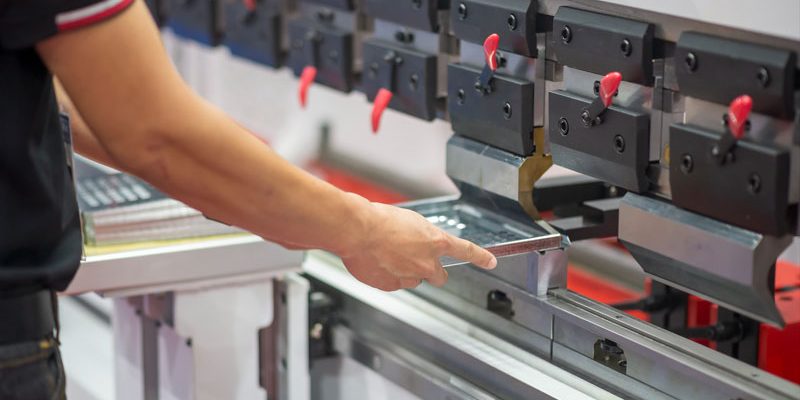What’s Sheet Metal Fabrication Process
Sheet metal fabrication is an indispensable part of modern manufacturing, involving processes like stamping, bending, shearing, welding, and forming to shape metal sheets. Through these techniques, we can transform ordinary metal sheets into various shapes and sizes of metal components, widely applied in industries such as automotive, electronics, appliances, aerospace, and more.
Firstly, stamping is a common and essential process in sheet metal fabrication. Using molds, metal sheets can be punched into desired shapes like holes and contours. This process efficiently produces large quantities of identical parts, ensuring production efficiency and consistency.
Secondly, bending is the method used to bend metal sheets into desired shapes. Precise operation of mechanical equipment allows us to fabricate complex components like casings and enclosures, providing external protection and assembly space for various equipment.
Shearing involves cutting metal sheets into required sizes and shapes, meeting custom demands for different sizes and shapes. Welding, on the other hand, joins multiple metal sheets through fusion to create larger structures, enhancing the strength and stability of components.
Forming utilizes pressure to bend metal sheets into complex curves, allowing the production of special parts or decorative features, making products more unique and aesthetically pleasing.
Additionally, laser cutting, a modern machining technique, precisely cuts metal sheets using laser beams, suitable for complex shapes and precision machining.
Rolling is another technique that shapes metal sheets into arc or circular shapes, commonly used to create cylindrical pipes and tubes.
Lastly, powder coating is applied to the surface of metal sheets, enhancing properties like corrosion resistance and oxidation prevention, improving product durability and appearance quality.
The versatility and flexibility of sheet metal fabrication processes have led to widespread applications in modern manufacturing. Different processes can be chosen based on specific requirements and material characteristics, fulfilling various customized processing demands. Whether manufacturing automotive parts, producing electronic devices, or crafting aerospace components, sheet metal fabrication plays an indispensable role, providing industries with high-quality and efficient solutions.

